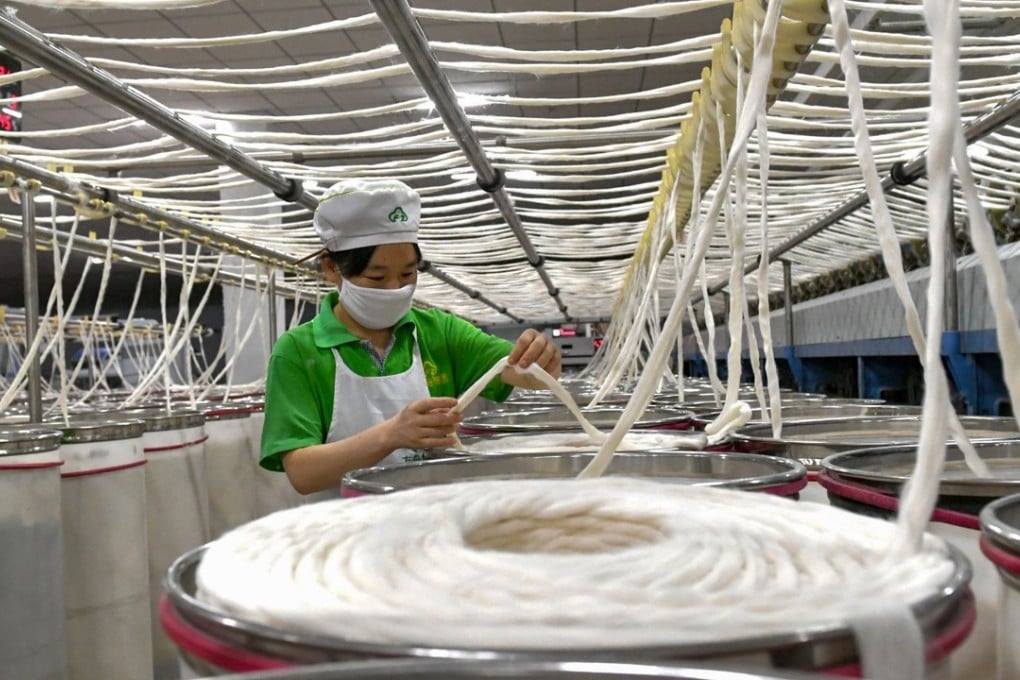US-China trade war pushes firms to accelerate supply chain shift to Asean, Citigroup says
- Outbound investment from China up 5.1 per cent this year

An escalating trade war between the US and China is causing companies caught in the crossfire to accelerate plans to shift portions of their supply chains out of the mainland, with Southeast Asia slated to benefit from the disruption of trade flows, according to a Citigroup official.
Gerry Keefe, Citi’s head of corporate banking for Asia-Pacific, said that rising trade tensions have caused some clients to bring forward plans to move capacity out of China to other parts of Asia, a trend that has been ongoing for several years as labour costs rise in China.
“Plant capacity is opening up around Asean. These decisions are definitely at the board level. For many companies, these have risen to that level of significance,” Keefe said. “These are large, strategic, long-term decisions that companies need to think about”.
The US has placed tariffs on some US$250 billion of Chinese made goods as it seeks to reduce a massive trade deficit with China and force Beijing to stop engaging in what it claims are unfair trade actions, including forced sharing of technology. Chinese authorities have responded with a series of tit-for-tat tariffs.

Two separate surveys conducted in September by the American Chamber of Commerce in China and the European Union Chamber of Commerce in China highlighted that these tariffs could lead to higher production costs and lower profits for businesses on the mainland. Many were even considering relocating to Southeast Asia, echoing Keefe’s sentiments.